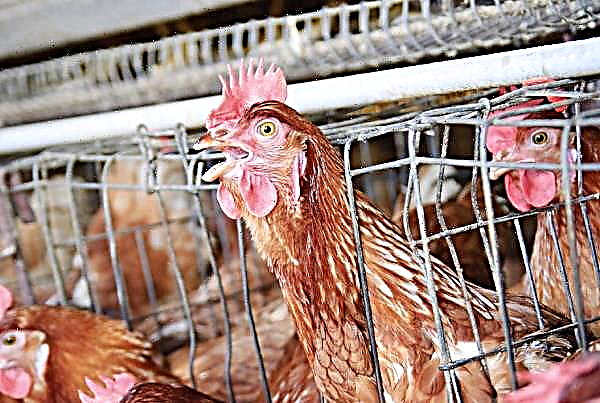A series of trials aimed at extracting healthy oils from genetically modified crops will now be continued, as the British Department of Agriculture (Defra) gave the researchers a green light.
Defra gave scientists permission to test for five years after previous studies by GM Camelina, conducted last year at two sites in Hertfordshire and Suffolk.
Genetically modified crops are not currently commercially grown in the UK, but the government allows field trials after consideration. In Scotland, as in Wales, there is a “no GMO” policy.
The first part of the proposed study, conducted by the Rotamsted Agricultural Research Center, will determine the field efficiency and yield of Camelina transgenic plant oil, which was developed to store omega-3 fish oil in their seeds. These fatty acids, also known as omega-3 long chain polyunsaturated fatty acids, help protect against human cardiovascular disease.
The goal of research is to create a sustainable source of these healthy oils from plants, rather than from ocean sources, and provide more of these nutrients. The second part of the work will be devoted to studying the productivity of Camelina plants, the metabolism of which has been changed in order to increase the oil content in seeds.
In the final part, we will consider the effect of Camelina plants, designed to contain less synapine in their seeds. Sinapine is a bitter-tasting anti-inflammatory chemical that can make protein-rich seed flour less tasty as animal feed.












